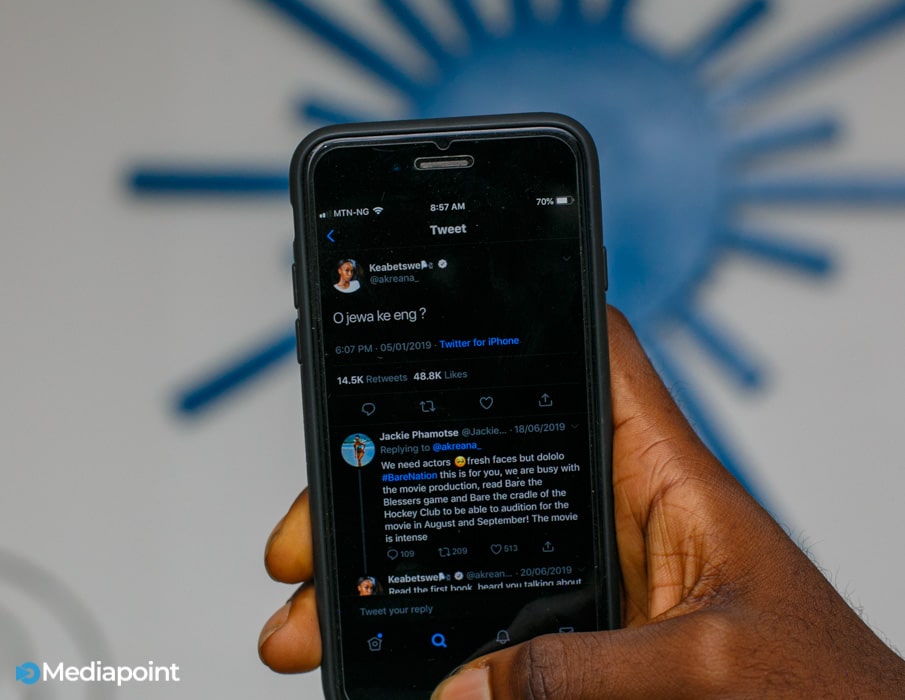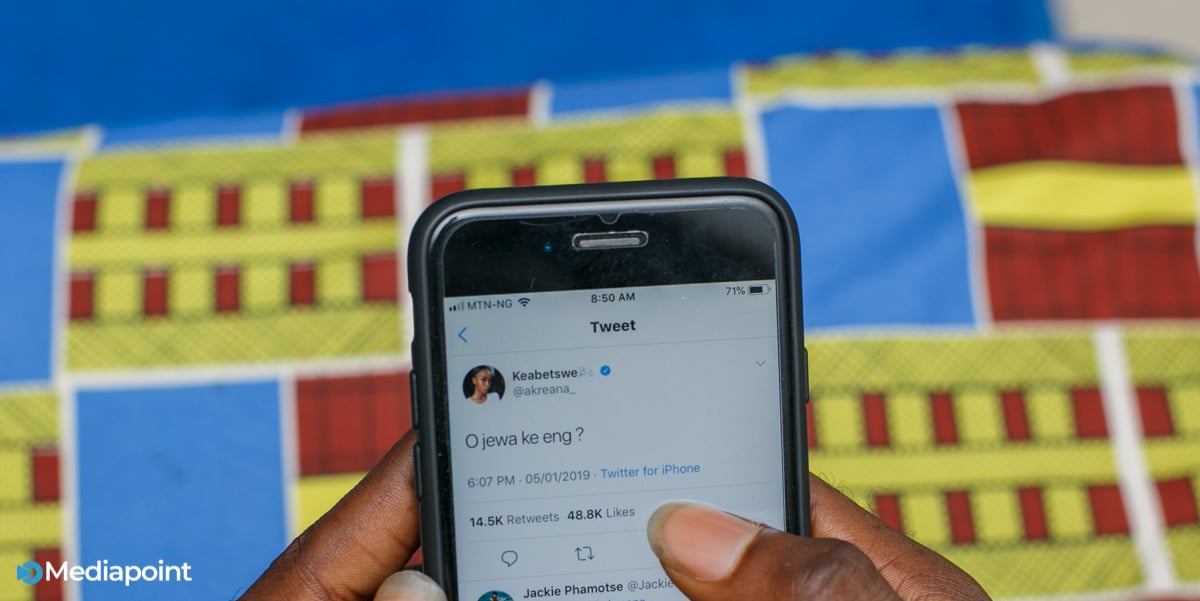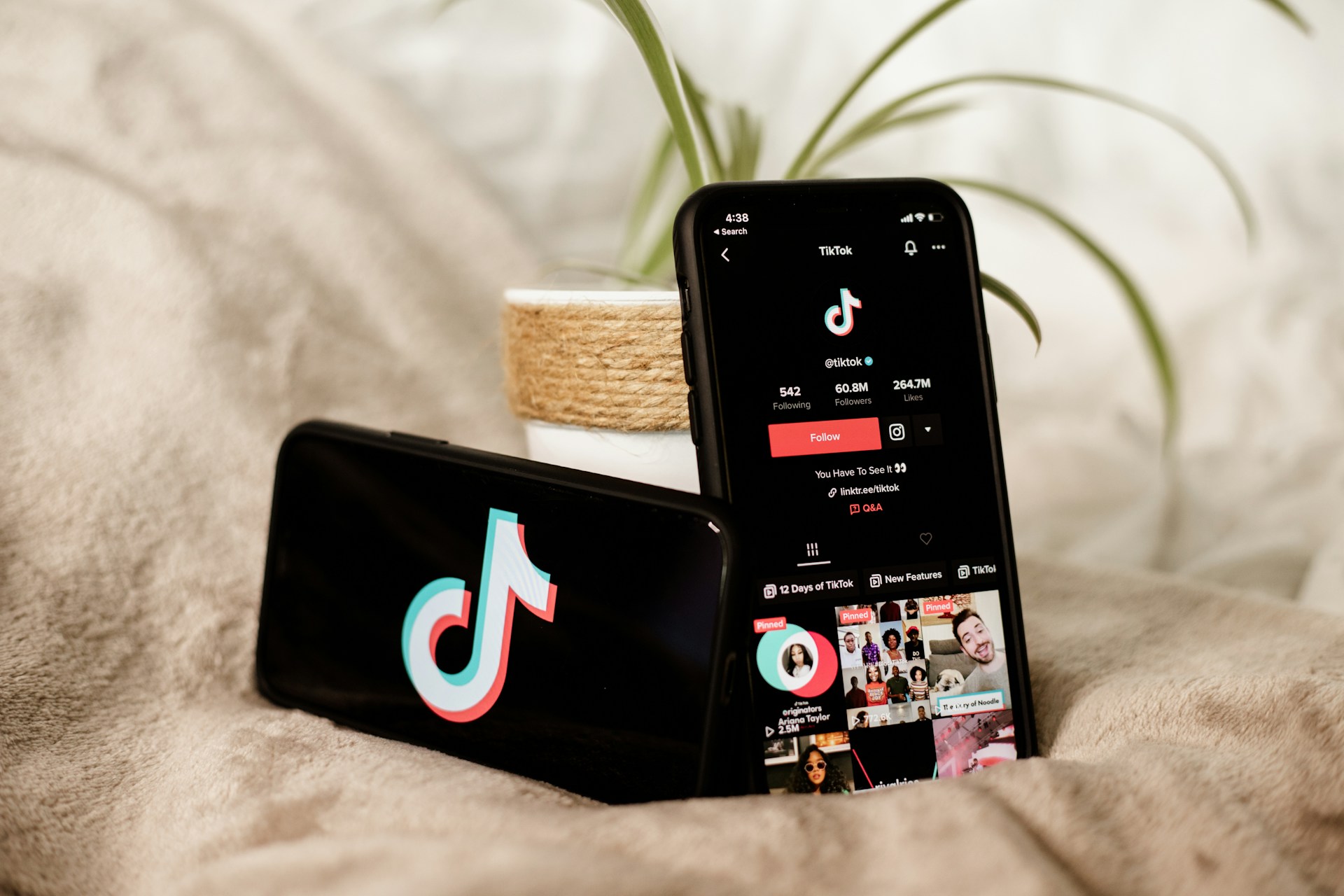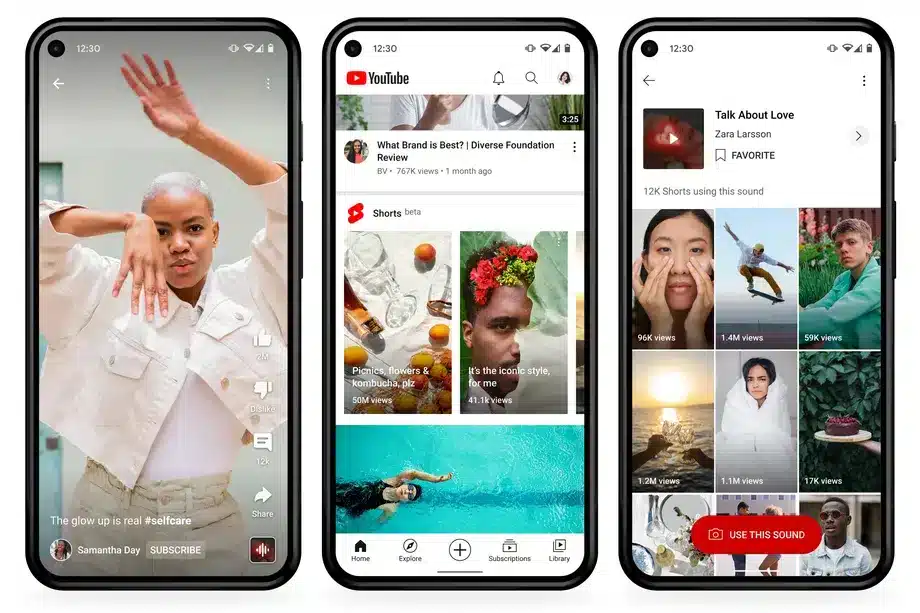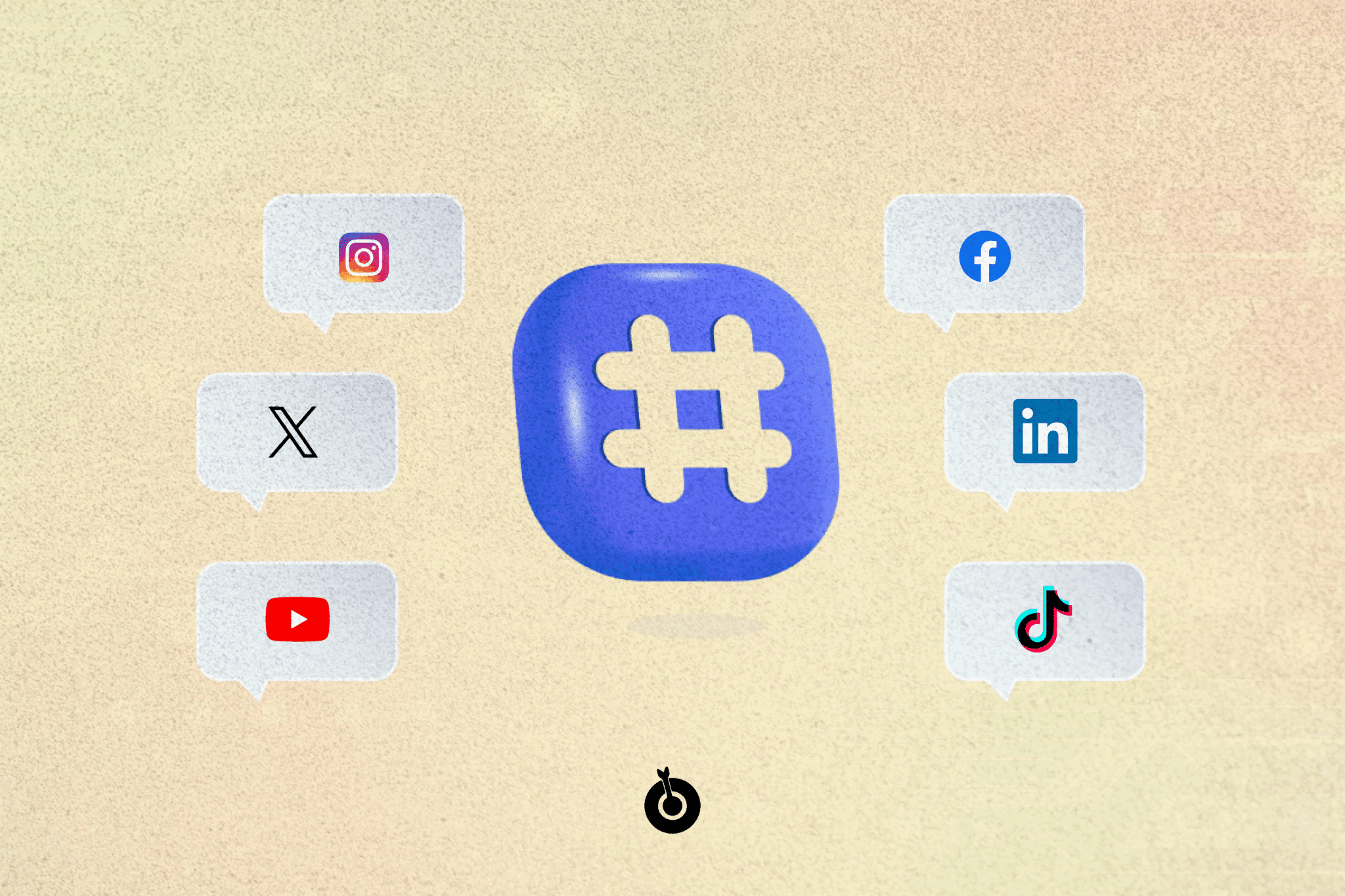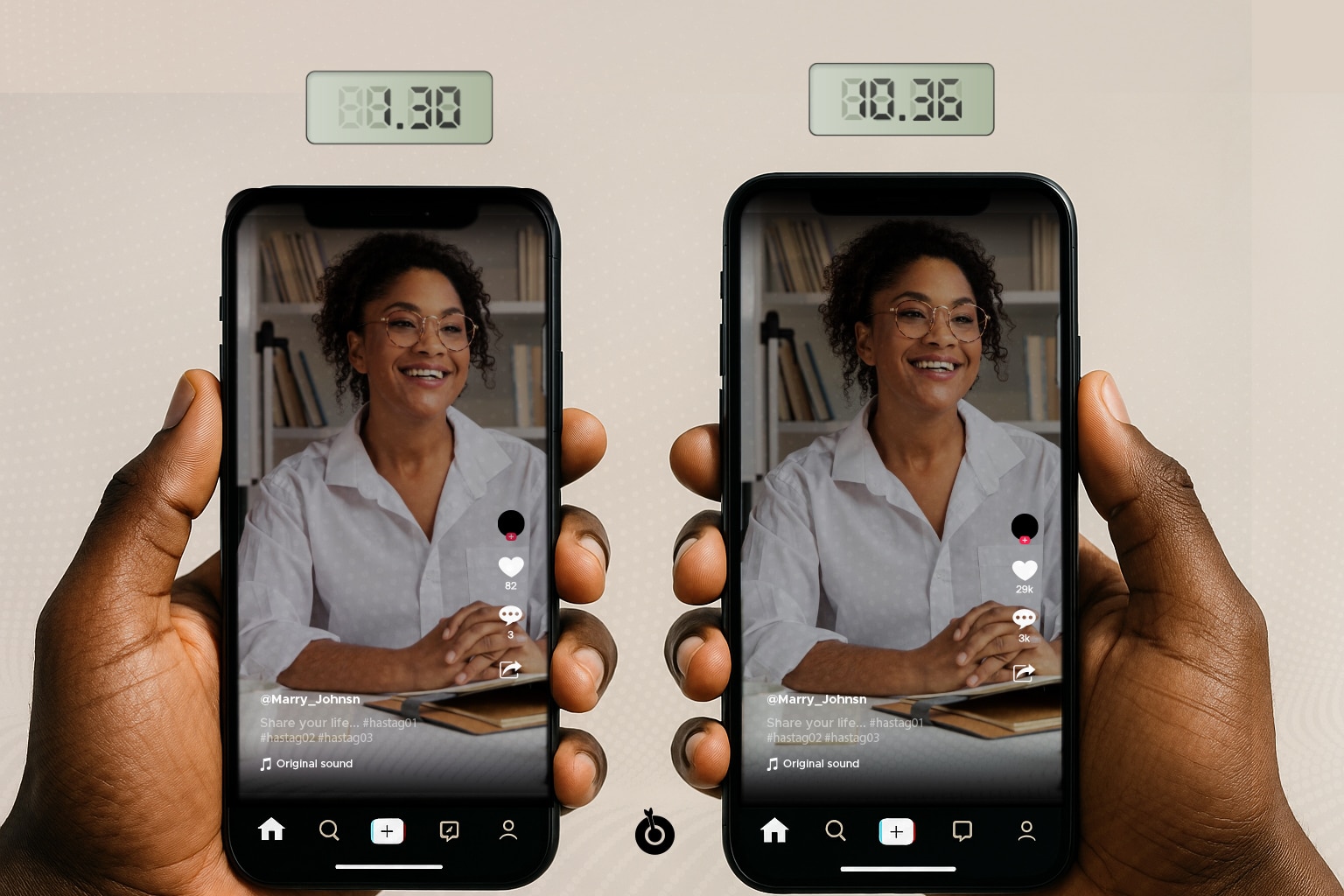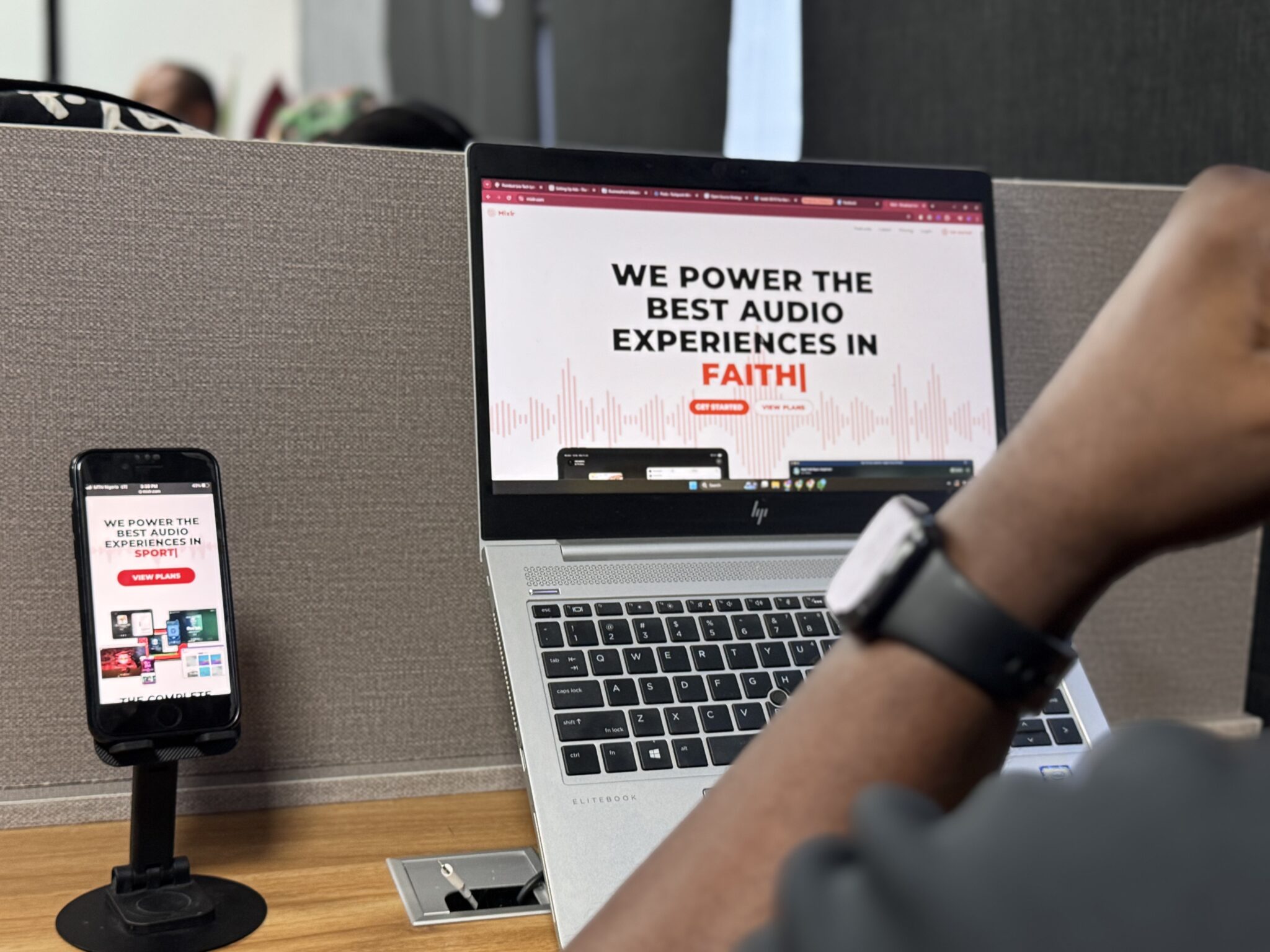It started out like many other viral trends. An unassuming question tweeted out by 18-year-old Keabetswe Jan on a typical Saturday evening in early January: ‘O jewa ke eng?’
Just like wildfire, the Southern Sotho phrase, which loosely translates to ‘what is eating you up?’ or ‘what is troubling you?’ began to spread. From South Africa to Nigeria, thousands of Twitter users began to reply to the tweet.
As is expected with social media trends, especially on Twitter, some users hopped on to post funny and witty remarks.
I stole my neighbor’s dog & sold it. While helping her look for it, she talked about buying two more dogs. Anyone wants to pre-order two dogs? https://t.co/iPWwGgVUUE
— God’s Favorite Trust Fund Baby.🏳️🌈🏳️🌈 (@CpoMahlatshana) July 20, 2019
Unsurprisingly, some others capitalised on it to grow their follower count.
I want to gain 10,000 followers, if you see this do follow for a quick follow back https://t.co/z8UxvkfhH2
— 20-10-2020 (@DirectorSolomon) July 9, 2019
However, the trend took a rather remarkable twist when people started sharing deeply personal stories — stories that one would expect to hear only within the confines of a therapy room.
Typically, the stories looked something like this:
https://twitter.com/Thamapelo_des/status/1145645729886736384
The wider the tweet spread, the more people opened up and shared. Before long, this trend took on a life of its own, with users owning and personalising it to raise awareness on different topics.
Six months, 12,000 retweets, and 26,000 replies later, ‘O jewa ke eng?’ was still trending. When it eventually seemed to be winding down, then came along ‘Sco pa tu mana,’ a gibberish word originated by the Ghanaian hiplife act, Patapaa Amisty.
While slightly different in the sense that it is mostly posted with a picture, the ‘Sco pa tu mana’ trend had the same effect as the ‘O jewa ke eng?’ trend — it moved people to share their experiences on sensitive issues.
When I was 5 years, my mum made me report my dad for molestation even though HE NEVER TOUCHED ME.
3 years later he was denied custody and I was adopted by a man who did molest me😢 https://t.co/jV0hxm1n3a
— Mystic 🇳🇬 (@Nnadede_1) July 21, 2019
What started as a simple tweet had become more or less a movement, sparking conversation around mental health, child abuse, sexual harassment, rape, and a number of other topics that, as Africans, might have been considered taboo to speak about publicly.
It is a common belief that Africans do not share intimate details about their lives — especially with strangers, and so do not believe in therapy. But for various reasons, these Twitter trends have proved quite the contrary, as they have become a platform for self-therapy.
Twitter is a home away from home for many users who have, over time, formed connections with other users and become comfortable with the platform.
“If you hang out with your friends and family, you’re more likely to confide in them,” says Oyindamola Abbatty, a work psychologist and graduate research assistant at the University of Lagos. “Some people have been [on Twitter] for as long as ten years, they have developed relationships both offline and online.”
In addition, unlike more curated platforms like Instagram, these Twitter trends have a certain spontaneity to them which makes it easier for users to express themselves without having to think too much about it.
“Twitter can be said to be more therapeutic than Instagram,” Oyindamola told me over Twitter DM. “You’re more likely to tweet every random thing that pops into your head even if no one retweets it. It just helps to let it off your chest.”
She adds, “many influencers on [Twitter] are actually introverts in real life. Being able to communicate without actual face-to-face interaction makes people bolder.”
Young Africans on social media are more exposed to various cultures and ways of life, some of which they adopt. As Oyindamola observes, “there is an increase in the trend of young people becoming more mentally aware of sensitive issues that are normally ignored or covered up in society like mental issues, rape, gender and sexual orientation.”
Twitter, and particularly trends like ‘O jewa ke eng?’ and ‘Sco pa tu mana,’ provides a sense of community that people who participate in them may otherwise not find in their real lives. “With religion, there’s a growing community of Nigerian atheists, agnostics, and unbelievers online, says Oyindaola. “People that may still identify offline as Christian or Muslim but find solidarity in their non-belief online.”
It is quite odd that people who participate in these trends rather share what’s on their minds via quoted retweets than an actual original tweet — considering that Twitter literally asks you the same question. Oyindamola goes on to explain that Twitter’s “What’s happening?” question is too generic.
However, with these trends, users “can give opinions on certain specified topics; ‘Sco pa tu mana’ for dogs, umbrellas, marriage and so on.”
It turns out the ‘O jewa ke eng?’ and ‘Sco pa tu mana’ trends are not completely peculiar and this may not be the last of it. “There will always be something on your mind, which is why when the ‘O jewa ke eng?’ trend fizzled out, it was replaced by ‘Sco pa tu mana’ and before that, it was ‘Unpopular Opinion’,” Oyindamola says. “People want to talk about stuff, the description changes over time but it is what it is.”

